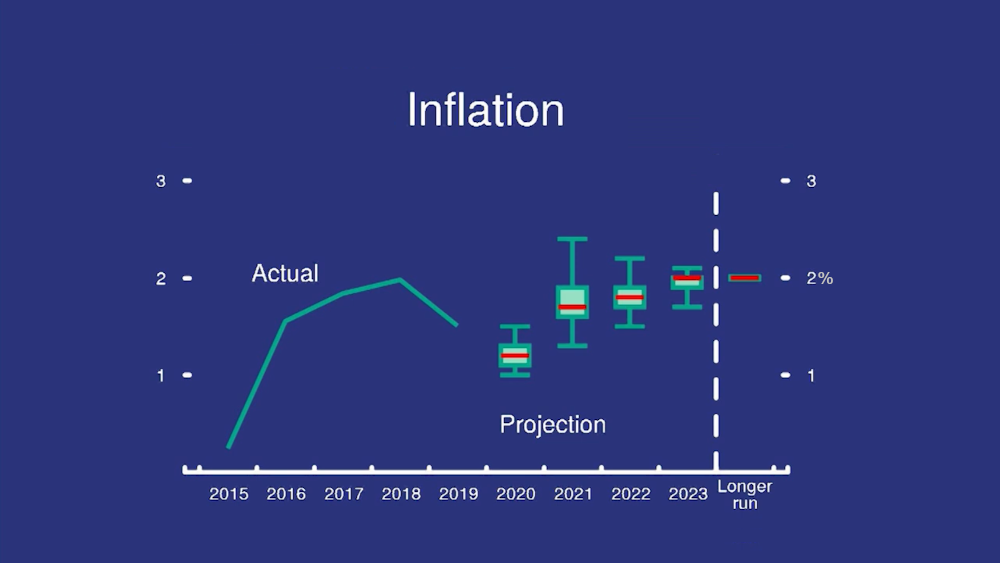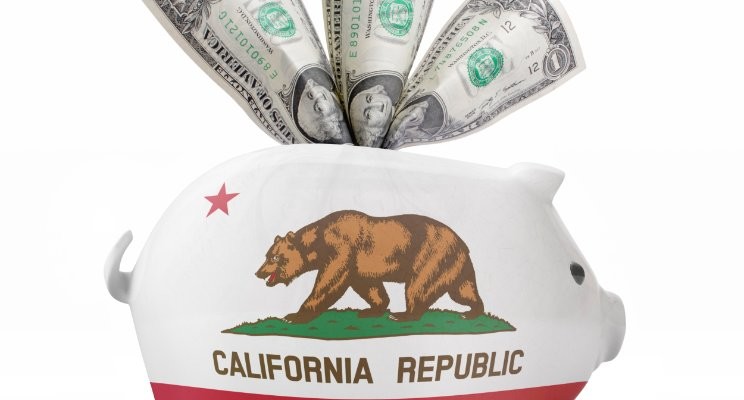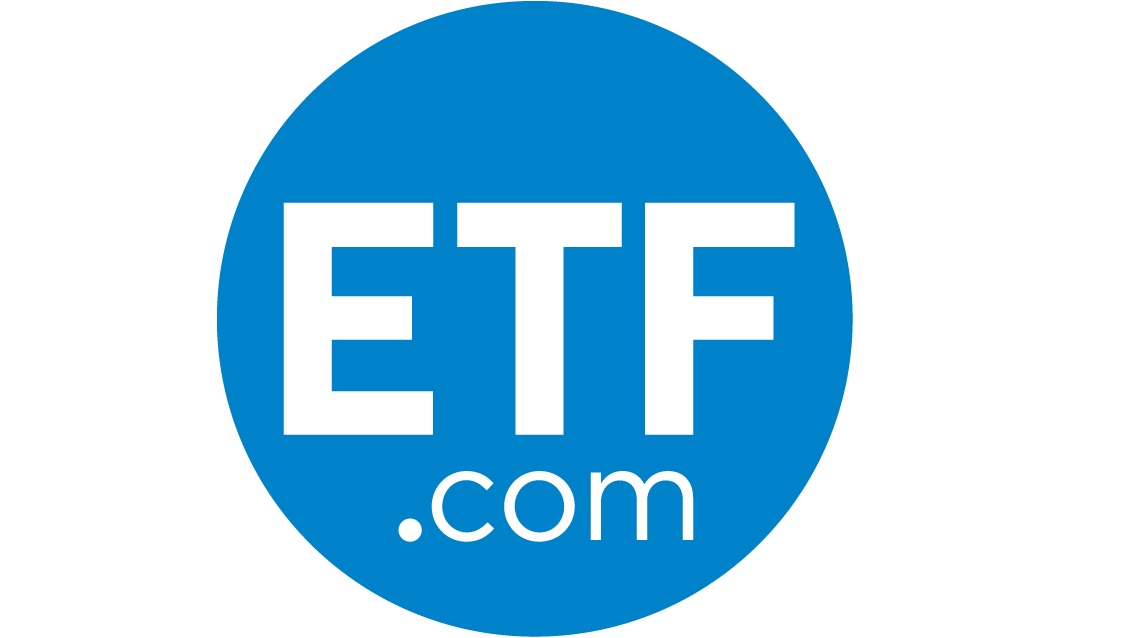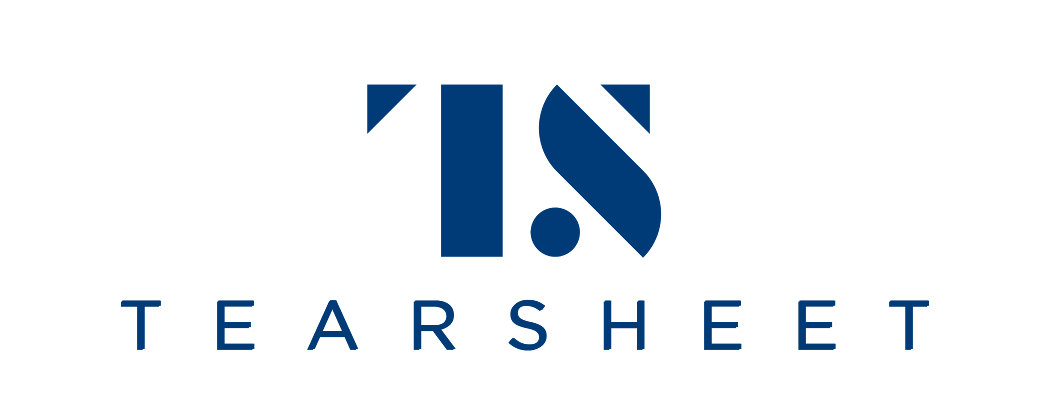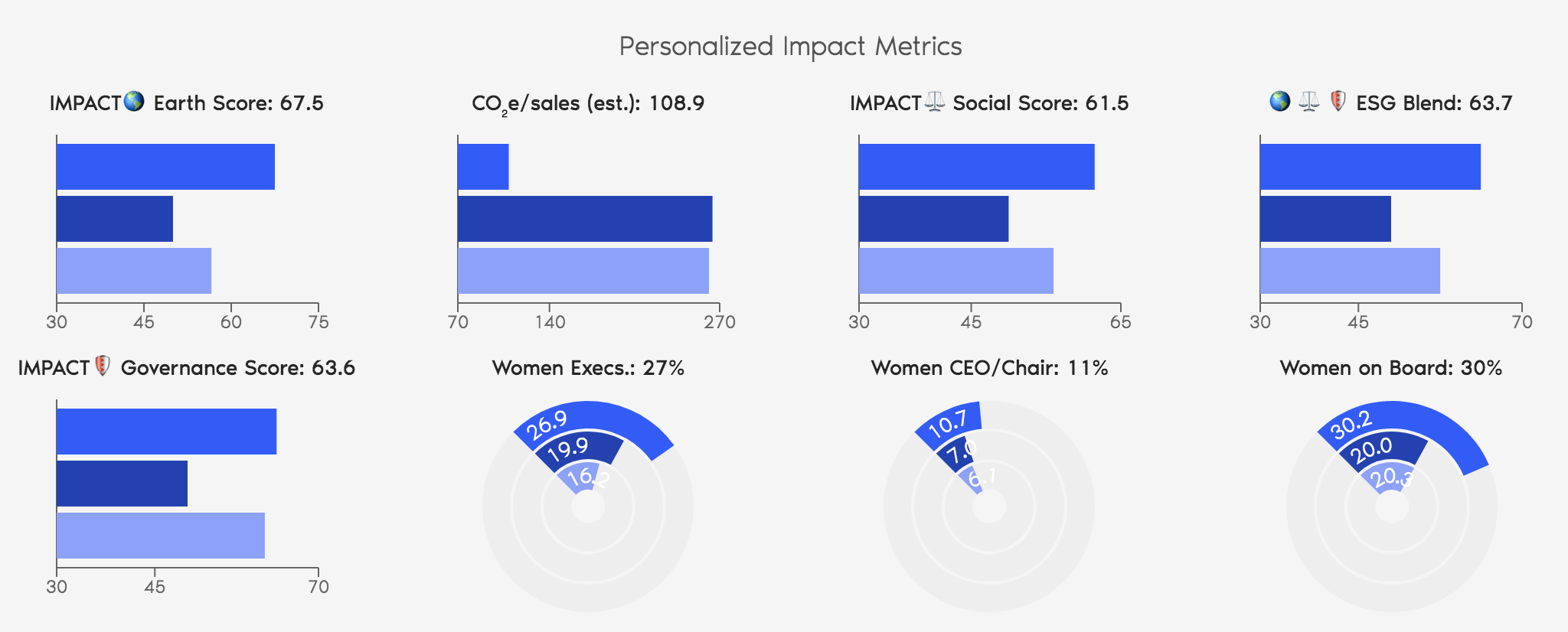Our Mission
is to be the most valuable resource in helping our clients manage their financial objectives. As for impact, we seek to drive the adoption of sustainable investing into the mainstream while aiming for superior after-tax returns.
IMPACTADVISOR ("ImpactAdvisor LLC") is an investment advisor registered in California.
FINRA CRD#
175155 (Financial Industry Regulatory Authority / Central Registration Depository).
Our Tax Philosophy: Any tax-related advice provided to clients appropriately reflects the actual amount of income generated by the client over time; and the tax advice provided to a client for a jurisdiction appropriately reflects the actual operations of the client in that jurisdiction.
Our specialty is in helping clients shape and preplan events to reduce or eliminate tax liability within the parameters of the law.
This website should not be construed as a solicitation or offer to sell investment advisory services or as an offer or recommendation to trade in any security. Financial services are only provided to investors who become ImpactAdvisor clients after entering into a written agreement.
Past performance does not guarantee future results. Investment products are not FDIC insured, are not bank guaranteed and may lose value.
Privacy Policy
©2026 IMPACTADVISOR LLC. All Rights Reserved.

